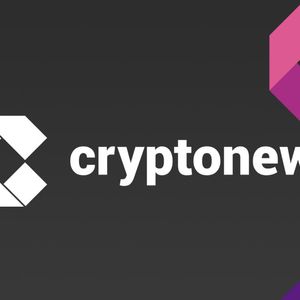Ethereum’s EIP-7702 enables EOAs to act like smart contracts, introducing new risks. Wallets must validate chain IDs to prevent replay attacks across EVM chains. Developers and exchanges must address new challenges in delegation and transaction safety. Ethereum’s upcoming Pectra aims to significantly change how users interact with their accounts, primarily through EIP-7702, a proposal for native account abstraction. This key update allows traditional Externally Owned Accounts (EOAs), or user wallets, to operate with smart contract-like capabilities while retaining their ability to initiate transactions. EIP-7702 grants EOAs new powers such as programmable behavior, delegated access, and compatibility with contract-based features like multi-signature verification and social recovery methods. However, this evolution also introduces significant complexity and new risks that users, developers, wallet providers, and centralized exchanges must carefully address. Ethereum's Pectra upgrade (EIP-7702) is live — a major leap forward, but new functionality brings new risks. Here’s what users, wallet providers, developers, and exchanges should watch out… The post Ethereum’s EIP-7702 Brings Native Abstraction to Wallets With Caveats appeared first on Coin Edition .

















